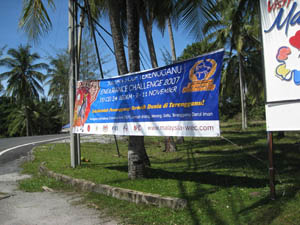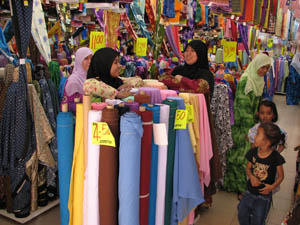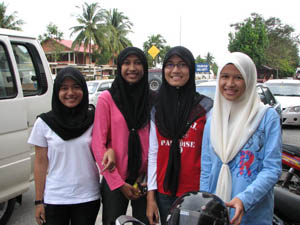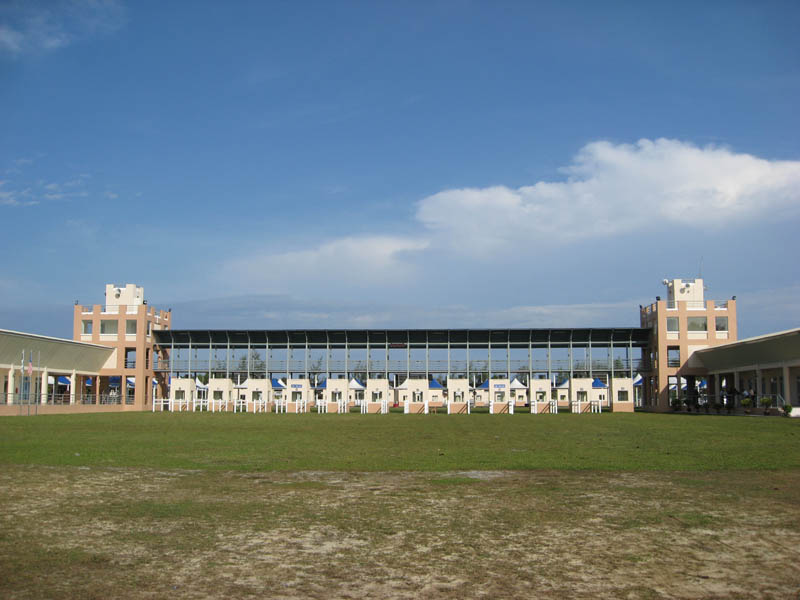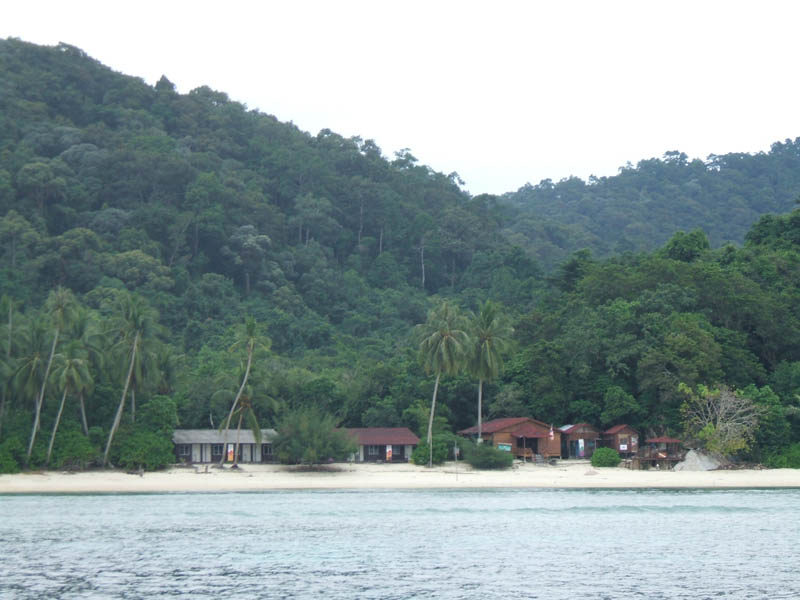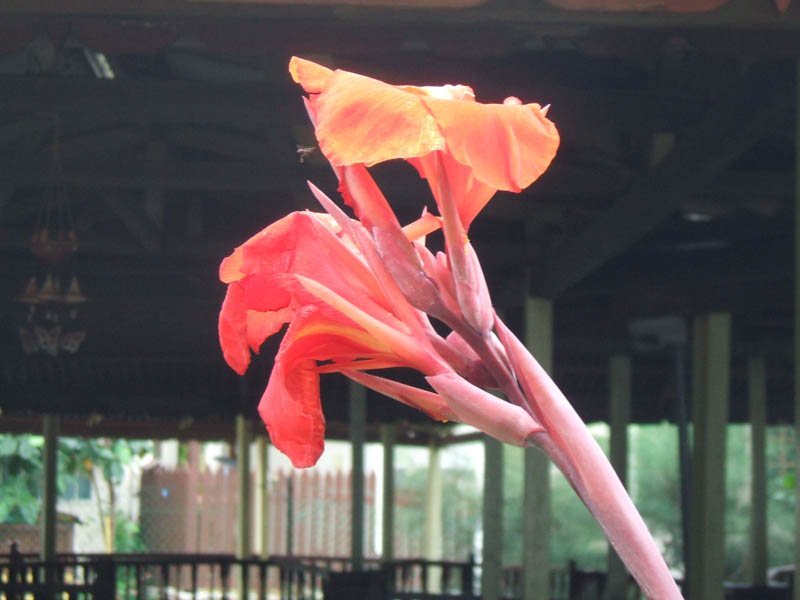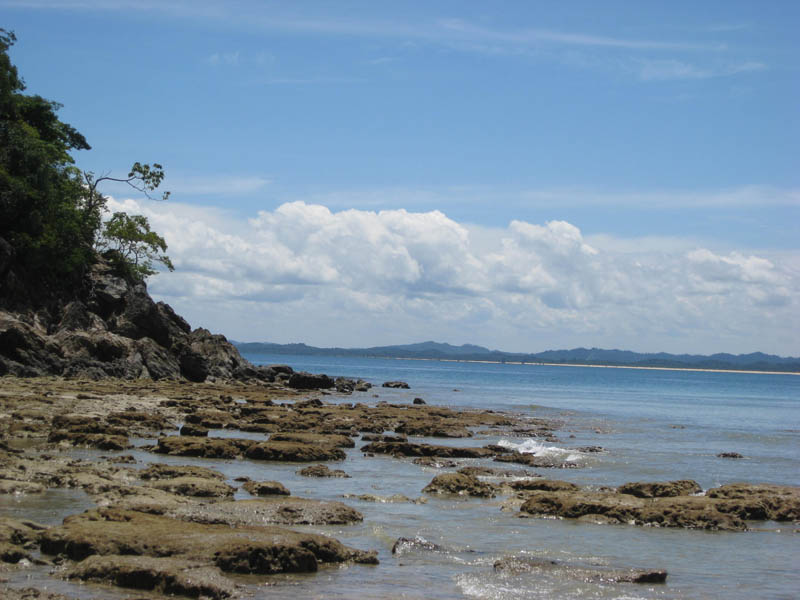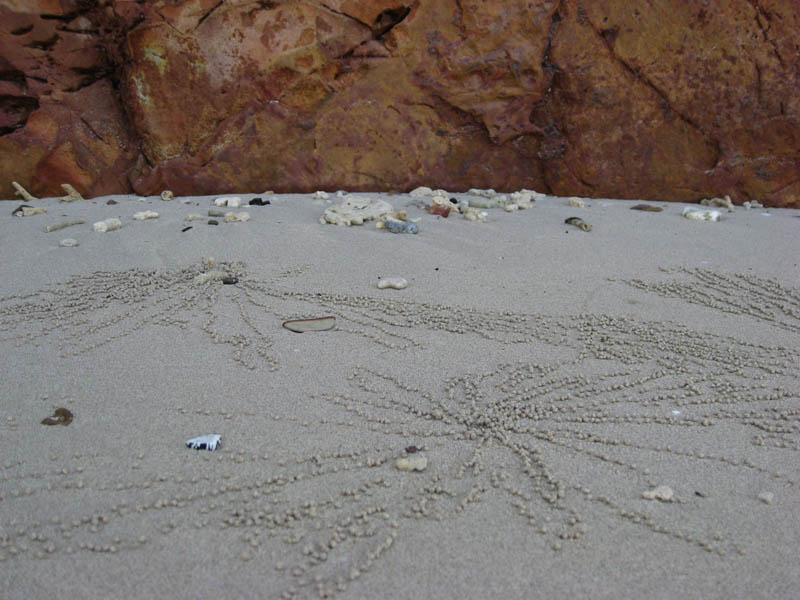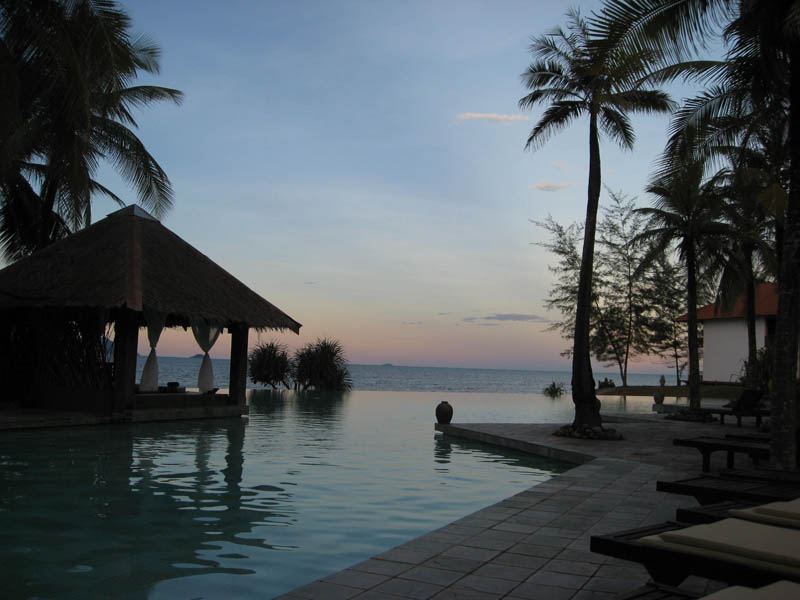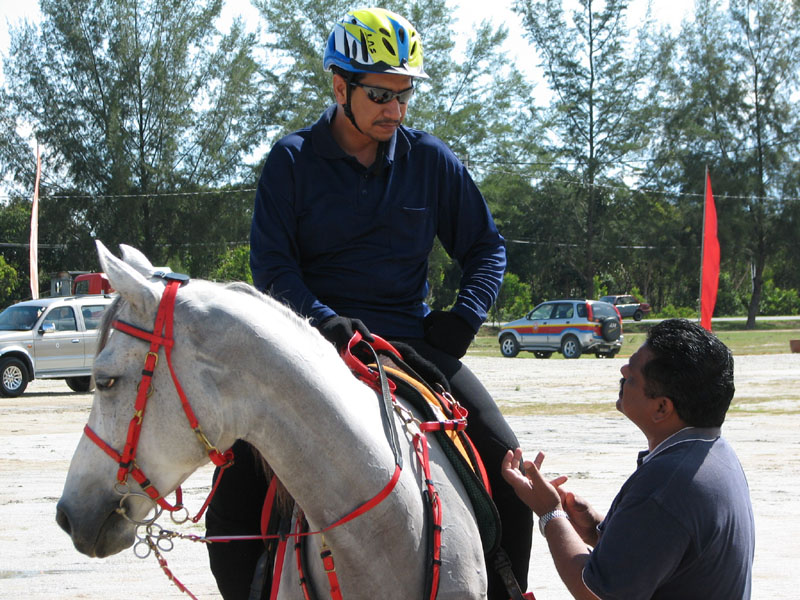
Malaysia Story, Part I
Anymore it seems like the only time I have to reflect on or write about the places I've been, is on an airplane to someplace else. John and I just got off the plane from Malaysia, spent 2 days in Idaho unpacking and packing, drove two horses and our LQ trailer from Idaho (where Merri is taking care of things for the winter) down to Arizona (where our friends Kevin and Rusty give us a place to park ourselves during the winter), took a day to get organized, take a short ride in the Sonoran desert, and then board a plane for Argentina. We're in transit now, and will soon see our friends Miguel and Celina Pavlovsky for a day in Buenos Aires, and then off to El Reparo - where Mercedes Tapia and Eduardo Becar Varella have their home and Endurance training center on the pampas. They are hosting Argentina's National Endurance Championship this year, at the Cazon Endurance Village which they built in the nearby town of Cazon - with the aid of their Polo friends and contacts. Mercedes and Eduardo are both veterinarians, and have strong lasting friendships with their clients. But more of that story to come, as the adventures of the next couple weeks unfold - including joining Malaysian riders in Uruguay and Chile as they hope to increase their stables of Endurance horses and qualify for their place in the 2008 WEC.But this story is about Malaysia - about this small country's determination to host the FEI World Endurance Championship of 2008. A truly amazing story about dreams and determination and commitment, and an uncanny drive and ability to do whatever needs to be done along the path to success. This small country is full of highly educated and talented people. Centuries of cultural mixing - from the invading Siamese armies in the south to the introduction of Islam into population which previously embraced various types of 'ancient' religions, as well as Hindu/Buddha. From decades of British colonial rule to years of Japanese occupation during WWII. Complex cultures and dialects, tropical climate, fishing traditions and ocean bound societies - centuries of rebounding from occupiers and invaders - a very nationalistic people with a deep understanding of the best - and the worst - that the rest of the world can offer. In everything the Malaysians do there is a strong sense of art - of beauty - a fullness of color and form - and a precision of line. The Malaysian people have a kindness and calmness about them - a quick smile and genuine warmth and an easy going manner- but a very strong and determined core. They seem to be able to adapt to and understand the western ways as well or better than other 'developing' countries.
They can build the cities and the industries and the academies, they can pump the oil and produce the electronics, they can play in the global market - but they don't seem to jeopardize their unique culture in the process. They revere their royalty - the King, the Sultans - the art and dance and textiles and crafts of Malaysia are strongly supported and proudly displayed. The society is quite complex. Generations of Indian, Chinese and Malay cultures seem to have settled into roles in society (apologies for my stereotypical categories - this is my personal observation) with a large segment of business owners and trading companies being of Chinese descent, Indians as professionals and educators, and Malays as the core of government and cooperative business growth. And of course the underlying friction in a society that has a wide range in socioeconomic status, a range of religious and ethnic factions, and conflict between the desire to maintain traditional values and the need to adapt to modern ways in order to be a player in the global economy.
A classic example of the dicotomy - the tension between traditional and modern - is in the definition of 'weekend' in Malaysia. In most of Malaysia, the 2 days per week allocated to 'weekend break' are Friday and Saturday. Friday is the muslim holy day (comparable to Sunday in Christian cultures) and Saturday is the 2nd day of 'weekend' holiday. Government and schools resume on Sunday. But in Kuala Lumpur - the capital city of Malaysia and center of business and economy - the weekend is composed of Saturday and Sunday, as it is in most of the rest of the world. Basically businesses and national government cannot afford to lose a day of trading and communication with the rest of the world in order to survive, and surpass.
So yes, I am a tremendous fan of Malaysia - a place I never ever would have imagined going to, much less becoming involved with to the degree that I have! I'm fascinated with their beautiful people and beautiful tropical climate, with their politically ambitious society, with their balance between religion and industry, art and economy, royalty and parliamentary democracy, poverty and wealth, and gentle but effective persuasion.
My first trip to Malaysia was in May 2005, thanks to Dr. Nik's impulsive notion to bring me over to his country - to experience, first-hand, Endurance riding in the tropics, Endurance in Malaysia. Which then gave me the opportunity to use the internet to share Malaysia and Malaysian endurance with others around the world. (Dr. Nik's clever ulterior motive!) . I received an invitation to come and ride in the Edaran Classic, the country's premier and most professionally run Endurance event at the time. Tansri Tajuddin, owner of Edaran Electronic Systems, is a patron and supporter of Equestrian sport, and an equestrian himself. As Malaysia began to embrace the sport of Endurance riding more strongly, so did Tajuddin. He brought a high degree of professionalism to the sport by guiding his staff in the creation of a first class Endurance event. Located at Tajuddin's Ar Raudah Equestrian Center (north of Kuala Lumpur) an Endurance training center evolved, and a network of trails was created to offer a challenging event. Tajuddin created a first class Endurance event and invited his network of friends and associates to support the sport - and further it's growth in Malaysia. My first experience was amazing - I fell in love with the country, with the people, and made lasting friendships. And was tremendously impressed with the organization and professionalism of the event coordinators. The venue was excellent and the trails were challenging - and interesting! Through palm oil plantations, and villages with curious children and farmers, past farms with goats and dogs and water buffalo, past quarries and ponds with bull frogs piercing the night with loud exclamations. Experiencing amazing heat and humidity and rain and the vivid colors - silk batiks and men with brightly colored clothing and bold signs and banners and the overwhelming jungle greens of the day, and the reds and purples of a sunset on a tropical coast. It was absolutely amazing and captivating and I fell in love with the country.
Malaysia's first dabbling with the sport was in the 1990's on the coast of Sabah (west coast of the island of Borneo). Peter and Penny Toft of Australia helped pioneer the sport, and their stories of tigers and jungle trails and seeking relief from the oppressive heat and humidity by riding in the ocean- and all the growing pains associated with a new equestrian sport are amazing. Malaysia entered the world endurance stage in 1998 by sending a team to the World Endurance Championship in 1998. An intrepid group of riders, including Dr. Nik and Dato (Awang) Kamaruddin who are still passionate endurance riders, came to Dubai with an assortment of Polo ponies and race track thoroughbreds. They managed to qualify for the event by completing a 120km course set up with the guidance of the FEI, consisting of lap after lap around a race track. That's all they could manage at the time, and that's all that they needed. I recall seeing the group from Malaysia in Dubai, and was delighted and amazed that they were there - with boundless enthusiasm and an odd assortment of horses. And I believe 2 of the riders actually completed the event! (those were in the good ol' days when the FEI actually allowed 24 hours to complete a 100 mile course). That was in 1998. A slow and steady growth of the sport followed - with more individuals taking on the challenge, adding venues, buying horses, competing abroad, carrying the sport forward.
Then in the fall of 2005, the year that Dubai hosted their second WEC, the year that I rode at Edaran and many of us first became familiar with Malaysia as a place where they really did have Endurance rides... in that year Malaysia submitted a bid to the FEI to host the 2008 World Endurance Championship. 2006 had already been granted to Aachen, Germany - and the 2008 WEC was a choice between two bidding nations - Bahrain and Malaysia. Both countries were relative newcomers to the sport, both countries had national support but had not yet hosted a major international event, and the bid went to Malaysia.
By this time Tuanku Mizan Zainal Abidin, the Sultan of Terengganu and next in line to become Malaysia's King in fall of 2006, had also taken up the sport. HRH Mizan was already an accomplished equestrian, with years and family generations of polo and jumping, and he took to Endurance naturally and enthusiastically. And also in 2006, construction of Malaysia's venue for the 2008 WEC, Terengganu International Endurance Park, began. Terengganu was the obvious location for an International venue in many ways - it is one of the few places in Malaysia where there are flat, sandy trails. Tropical climate and mountainous terrain do not combine well to produce a venue appropriate for a world championship - too tough, too dangerous, too hot, too long. Terengganu was the perfect location, and as the home of Malaysia's King, it was a go. Construction of the Endurance village began - the FEI had granted Malaysia the bid, now they had to do it right - and in typical Malaysian fashion this meant the best of everything, as good or better than any other International venue - and not just functionally perfect, also beautiful.
-more later-
Steph





